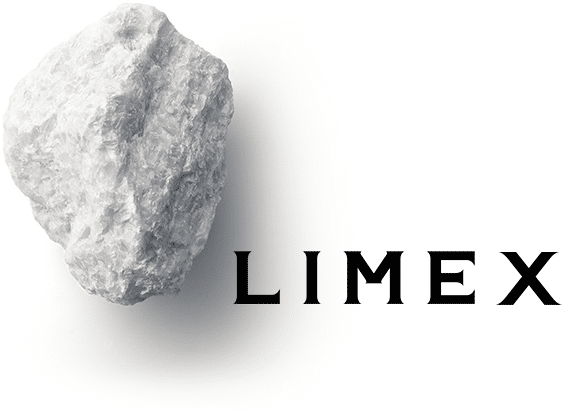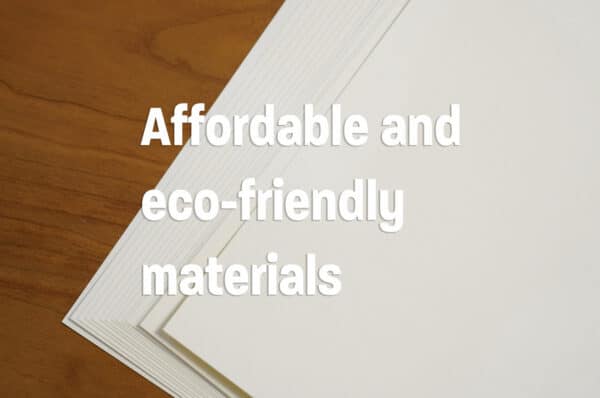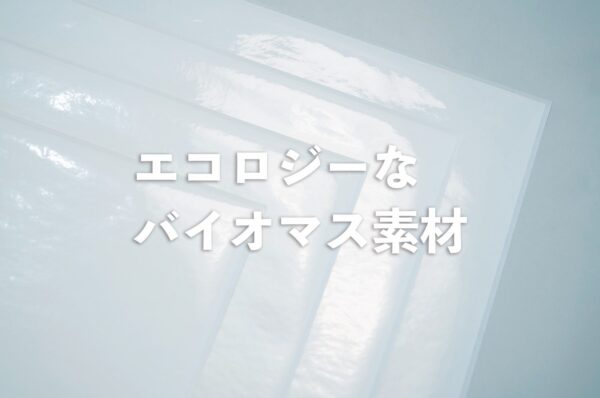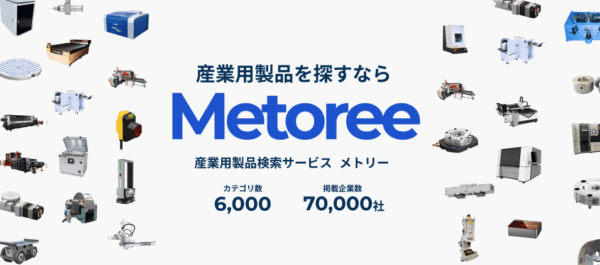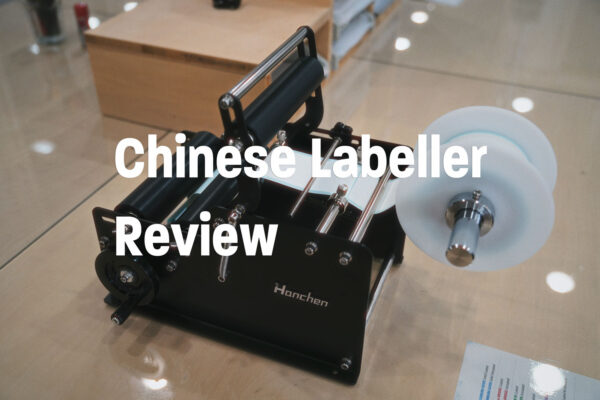Nature Friendly Materials
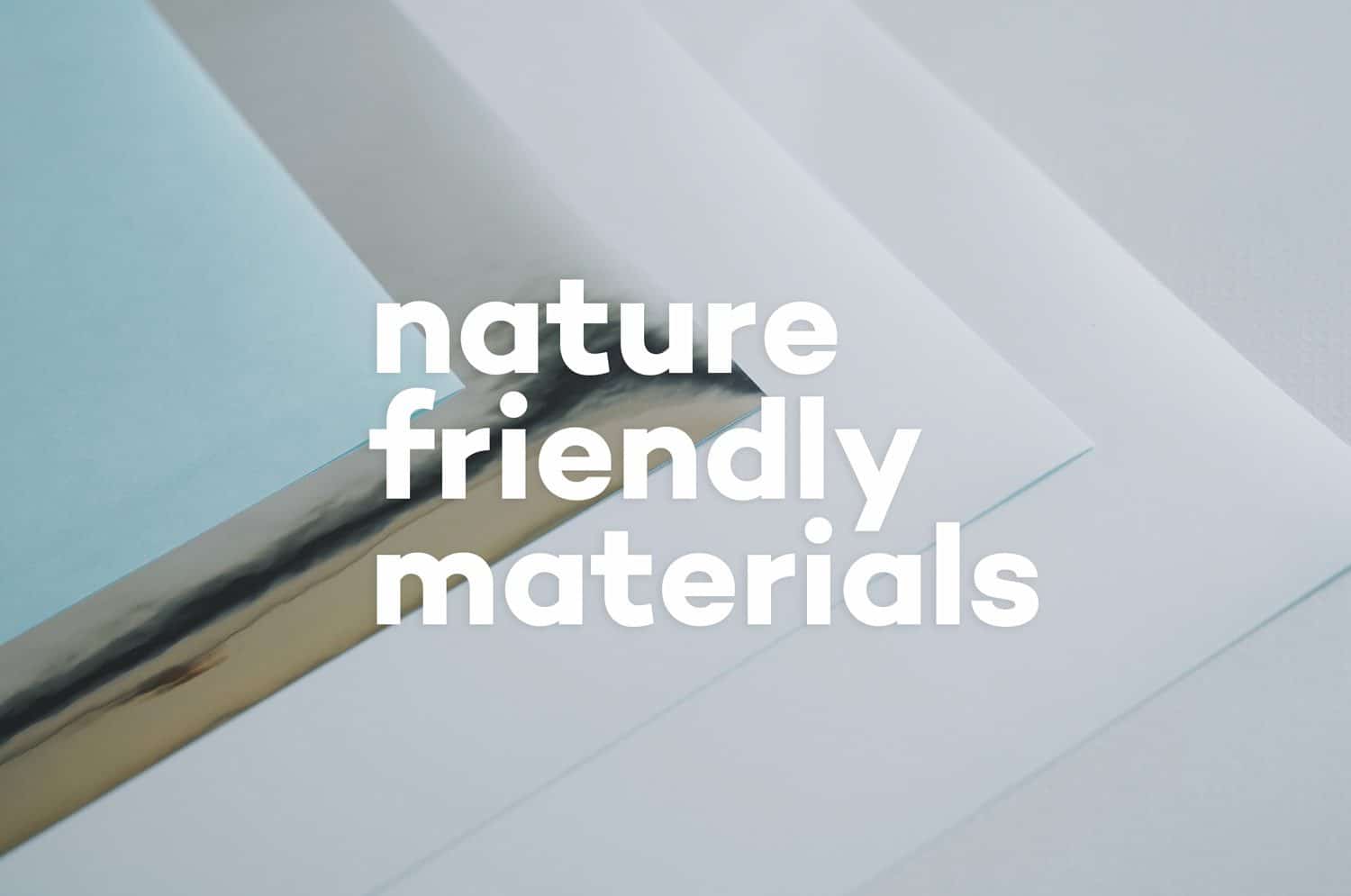
Nature Friendly Biomass Adhesives for Labels
Nature-Friendly Materials: Have you heard the term 'sustainable' often lately? Before we introduce eco-friendly label materials, it's important to understand its meaning, which refers to the sustainability of the Earth's environment. It's a great term, isn't it? As you may know, companies nowadays are required to produce with consideration for the Earth's environment. At our company, we frequently receive requests to use environmentally friendly materials and are happy to suggest the most suitable options.
Please feel free to contact us.
Recently, we've expanded our lineup of label materials using biomass adhesives. It's not the material itself that's environmentally friendly, but the adhesive used is derived from plant-based raw materials. This helps reduce CO2 emissions compared to synthetic resin adhesives.
In other words, biomass adhesives are environmentally friendly because they are "partly plant-based" and "reduce CO2 emissions during manufacturing."
The materials introduced this time are from a raw material manufacturer called Lintec Corporation. Lintec has obtained the "Biomass Mark" (certification number: 180039) for the adhesive layer of its label materials.
The Biomass Mark is a certification by the Japan Organics Recycling Association. It indicates products that meet quality standards by utilizing biomass (bio: biological resource, mass: amount), which is a renewable biological resource.
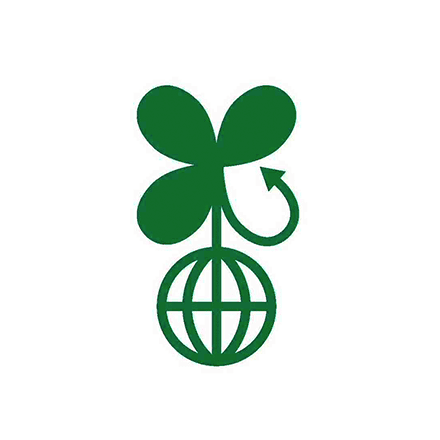
Biomass Specifications
The surface material is an environmentally conscious film made from recycled PET resin with a usage rate of over 80%, or general vapor-deposited films. It comes in four types and can be used for a wide range of applications, such as product labels and eye-catching labels.
This time, the adhesive part of these four materials achieves a biomass content of 10% without compromising the conventional adhesive strength. The texture image of the materials is as follows:
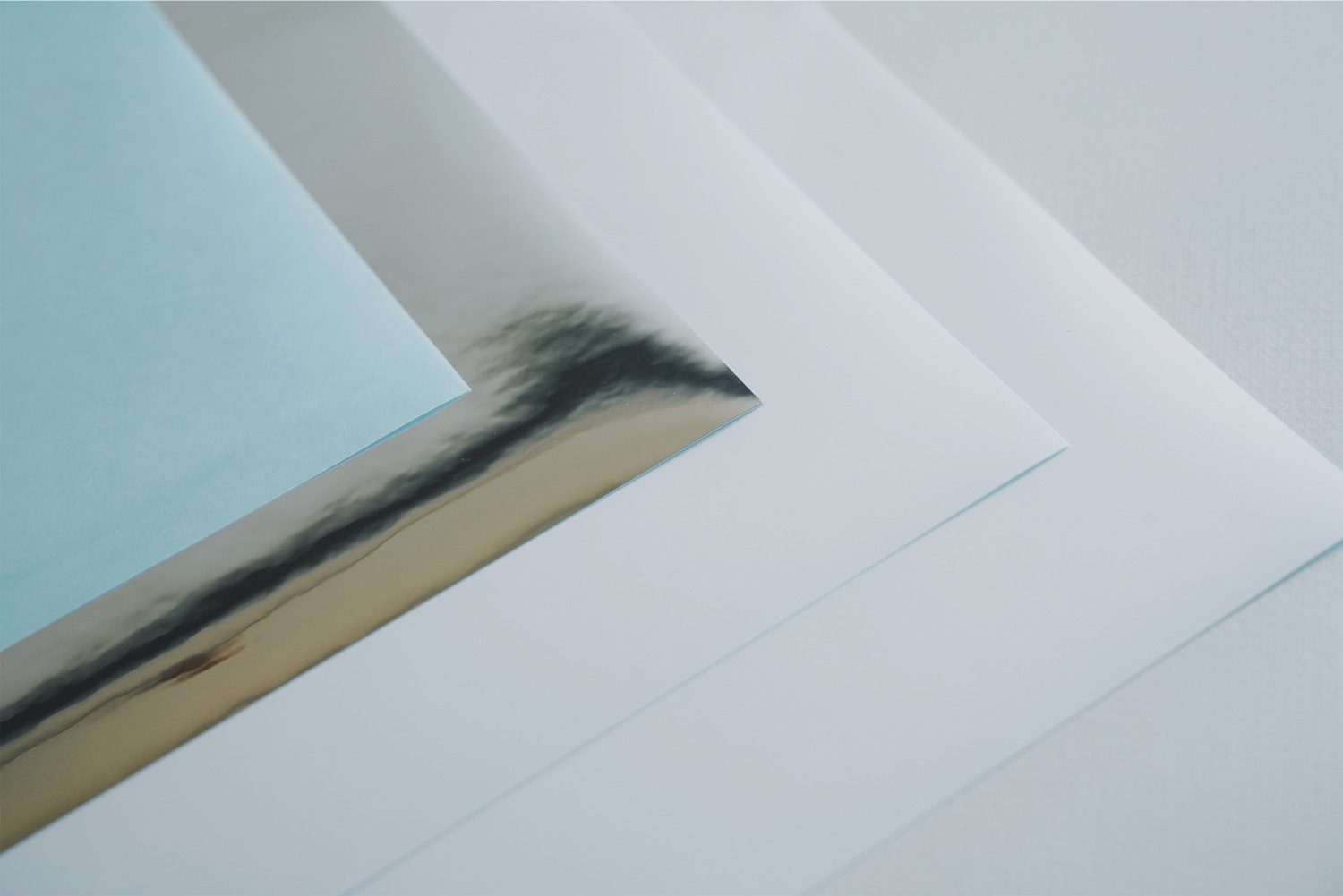
From left to right:
BA2113-50: Transparent: Polyester film (recycled PET resin usage rate over 80%)
BA1813-50: Glossy Silver: Vapor-deposited polyester film
BA3313-50: White: Foamed polyester film
BA6912-80: Polypropylene synthetic paper
* The adhesive is permanent.
* For more details, please refer to the Lintec product page.
Features
By using plant-based raw materials in the adhesive, it contributes to the conservation of fossil resources and the reduction of carbon dioxide compared to conventional adhesives. Companies that continuously consume labels can reduce their environmental impact.
Honestly, the current biomass content is only 10%, but Lintec plans to develop label materials with adhesives that have a higher biomass content and expand their lineup in the future. We can expect more in the future.
Disadvantages
■ The price is high. Also, due to bulk purchasing, it may be necessary to buy more than needed, which is not environmentally friendly.
■ 10% biomass content is low. Maruwu Adhesive offers general products with 2-20% biomass content, which may be cheaper.
■ The product names are difficult to understand. Lintec handles products by item number, which makes them hard to remember.
Conclusion
The environmental impact is minimal. Of the four types introduced today, only one is recommended. That is BA2113-50: Transparent: Polyester Film, because it uses over 80% recycled PET resin.
For more information on other environmentally friendly materials, please visit here.

Start Your Project Now!
Contact Us or Get a Quote!

